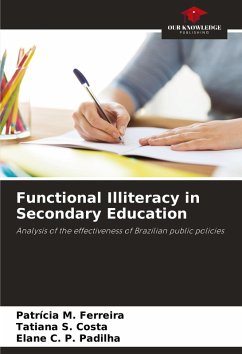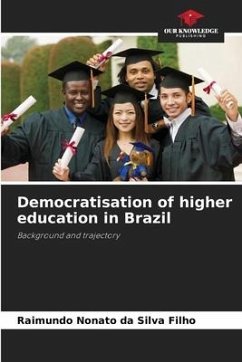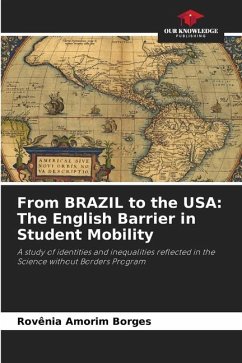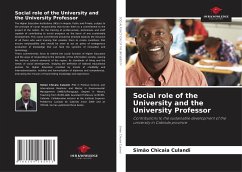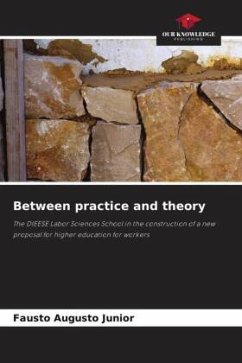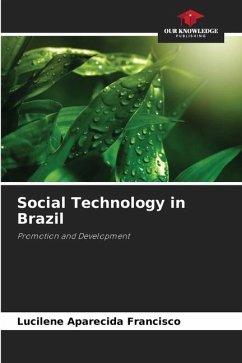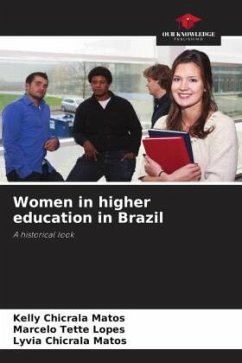
Quota policies, citizenship and entry to higher education in Brazil
Versandkostenfrei!
Versandfertig in 6-10 Tagen
41,99 €
inkl. MwSt.

PAYBACK Punkte
21 °P sammeln!
The quota policy is part of a group called affirmative action, which aims to protect minorities and socio-culturally underprivileged groups in a given society that have been discriminated against in the past. In Brazil, these actions are intended to correct a situation of discrimination that has existed since colonisation, when groups were marginalised, particularly those of black ethnicity, giving rise to a society made up of a white European elite, who had economic privileges over the other peoples here, and which persists to this day. The quota policy, which deals with the admission of stud...
The quota policy is part of a group called affirmative action, which aims to protect minorities and socio-culturally underprivileged groups in a given society that have been discriminated against in the past. In Brazil, these actions are intended to correct a situation of discrimination that has existed since colonisation, when groups were marginalised, particularly those of black ethnicity, giving rise to a society made up of a white European elite, who had economic privileges over the other peoples here, and which persists to this day. The quota policy, which deals with the admission of students to higher education, aims to guarantee a mitigation of the effects of social and racial discrimination strongly present in the country's history, in the sense of providing a quality education to people who would certainly not be able to obtain it by the traditional means of admission to the country's higher education institutions. The State University of Rio Grande do Norte adopted the quota system from the 2004 entrance exam, guaranteeing its students the full exercise of citizenship.




